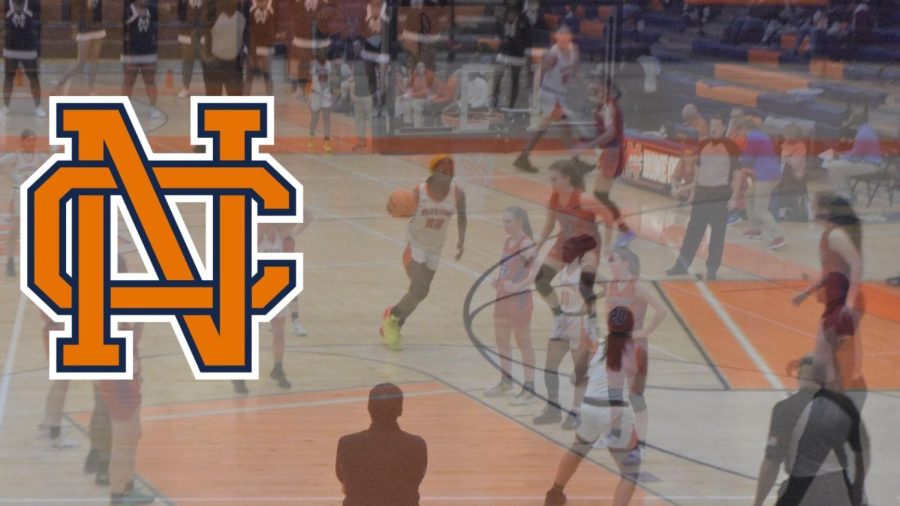Homework or Home Run?
Student-athletes continue to remain under pressure with the added challenges of school. From attending classes for six hours every day to playing on the field, student-athletes need to learn how to multitask. The peer pressure of resembling “the perfect athlete” while upholding the title of the “straight-A student” can impact student-athletes heavily. The effects from the stress can seriously affect their mental and physical health as they continue to grow.
January 28, 2022
From roughly the ages of six to ten, children begin to discover their love for particular sports and extracurricular activities. The majority of students engage in sports such as basketball, soccer, football, and track and field, but these extracurriculars form an imbalance in time management. On the inside, students may severely struggle with balancing their sport and school work. Student-athletes struggle to choose between their sport or studying for their next test.
Student-athletes may undertake a lot of stress when balancing two extremely important things that can help advance their futures. On important weeks like finals, PSATs, and SATs, students prefer to stay at home studying and working hard to ensure test scores reflect their best work. Attempting to multitask in school and sports can generate higher stress levels that continue to increase when under pressure.
“I usually have practice after school until around 5:30, as soon as I go home I do my homework, and if I have free time I use that to practice my sport. Personally, I do not get very stressed. School will always come first; without school, I would not be a student-athlete,” sophomore soccer player Noah Holloway, said.
A portion of students believes that school should always come first no matter what. Time itself remains precious to athletes who work and train hard to make sure their bodies remain in the right condition so people can see them perform on the field, court, or track. A lot of schools that emphasize academics raise GPA requirements for athletes. They want their students to fully exercise their brains to continue down a successful path. These GPA requirements can produce problems for student-athletes who maintain very high grades overall, but the grades still displease school boards who will not allow them to participate in their desired sport. Students at those types of schools need to put in extra effort to learn how to maintain time management.
Senior Dayuna Colvin masters how to maintain the pressure of maintaining the athlete status and maintaining school work. Colvin presents herself as a hard-working young woman who knows how to manage her time well. Between shooting baskets or doing homework, Colvin consistently works hard off and on the basketball court.
“It all comes down to time management, I’m sure everyone has said that before. After practice, I come home and I am right on top of homework or I do it in the morning before school. At times it can get overwhelming, it will always come down to managing my time well and not overstressing myself. School will overall always come first before sports, if you do not have good grades you can’t play,” senior basketball player Colvin said.
Making sure athletes constantly receive good nutrition, maintain their health and stay in shape remains a priority as well. Parents believe that limiting children’s time for sports can decrease the rate of injury. Parents also believe not over-stressing young children leads to successful multitasking. Studies continue to prove that sports participation can lead to long life injuries or chronic illnesses for children
“I try to make time for both of them but where the time is in the limit. So if I am given something and I have two days to do it, I try to make time to do both of them. I do track, so after practice, I go home and do my homework, and if I start to get tired I stop for 15 minutes and go back and continue my homework. Let’s be honest, I wouldn’t be in this sport if it wasn’t for school. I have made a rule for myself that if my grades drop, I will stop my sport until my grades get up,” freshman and track runner Zaniyah Gresham said.
Student-athletes must maintain a good mindset, efficient time management, and good nutrition consistently, to perform at their best in both sports and school. Students should receive the opportunities to succeed in school and maintain a good relationship with their sport. This can help shape their potential future career and make sure they become the best athlete on the field.



















Miko Brown • Jan 28, 2022 at 12:52 PM
Excellent article!
Valada Pope • Jan 28, 2022 at 12:47 PM
Wonderful article, very informative, well written. Valada pope